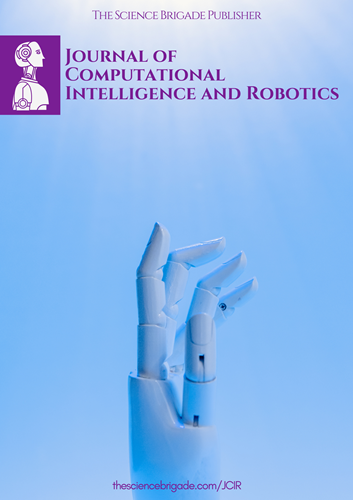Integrating Reinforcement Learning into Business Process Mining for Continuous Process Adaptation and Optimization
Keywords:
reinforcement learning, business process miningAbstract
This paper introduces a reinforcement learning (RL) framework for integrating reinforcement learning with business process mining (BPM), aiming to enable continuous adaptation and optimization of business processes in dynamic environments. The proposed approach leverages real-time process data to iteratively enhance process performance by applying RL algorithms that adapt business workflows based on evolving operational conditions. The framework is designed to address the limitations of traditional BPM, which often struggles to adjust in real-time to changing business needs, by enabling autonomous learning and decision-making. The paper explores how RL can be effectively employed to discover process inefficiencies, recommend process modifications, and improve resource allocation by adapting actions based on feedback from previous iterations. Additionally, it presents the integration of RL with process mining techniques, offering a comprehensive model for data-driven decision-making and process improvement. Through case studies and application scenarios, the framework’s potential to enhance operational efficiency, reduce costs, and improve process flexibility is demonstrated. The study concludes by discussing the challenges of applying RL in BPM, such as the need for high-quality data, model interpretability, and scalability, while also identifying future research avenues for the advancement of RL-driven BPM solutions in industry.
Downloads
Downloads
Published
Issue
Section
License

This work is licensed under a Creative Commons Attribution-NonCommercial-ShareAlike 4.0 International License.
License Terms
Ownership and Licensing:
Authors of this research paper submitted to the journal owned and operated by The Science Brigade Group retain the copyright of their work while granting the journal certain rights. Authors maintain ownership of the copyright and have granted the journal a right of first publication. Simultaneously, authors agreed to license their research papers under the Creative Commons Attribution-NonCommercial-ShareAlike 4.0 International (CC BY-NC-SA 4.0) License.
License Permissions:
Under the CC BY-NC-SA 4.0 License, others are permitted to share and adapt the work, as long as proper attribution is given to the authors and acknowledgement is made of the initial publication in the Journal. This license allows for the broad dissemination and utilization of research papers.
Additional Distribution Arrangements:
Authors are free to enter into separate contractual arrangements for the non-exclusive distribution of the journal's published version of the work. This may include posting the work to institutional repositories, publishing it in journals or books, or other forms of dissemination. In such cases, authors are requested to acknowledge the initial publication of the work in this Journal.
Online Posting:
Authors are encouraged to share their work online, including in institutional repositories, disciplinary repositories, or on their personal websites. This permission applies both prior to and during the submission process to the Journal. Online sharing enhances the visibility and accessibility of the research papers.
Responsibility and Liability:
Authors are responsible for ensuring that their research papers do not infringe upon the copyright, privacy, or other rights of any third party. The Science Brigade Publishers disclaim any liability or responsibility for any copyright infringement or violation of third-party rights in the research papers.




